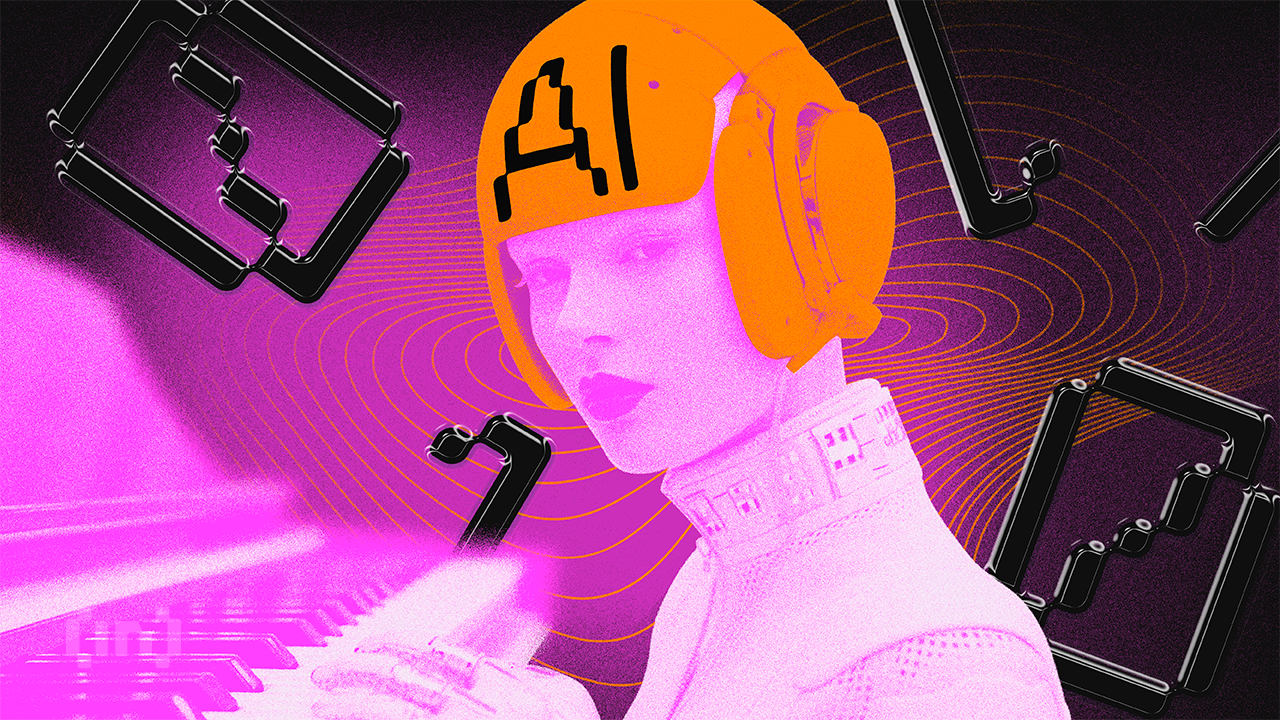OpenAI Unveils AI Text-to-Video Model 'Sora' Amid Concerns of Crypto Scams
Core Concepts
OpenAI introduces the text-to-video model 'Sora,' but concerns arise about potential misuse by crypto scammers.
Abstract
OpenAI has launched Sora, a text-to-video model capable of creating detailed scenes with emotions. Despite safety measures, there are worries about scammers using it for deepfakes and fraudulent endorsements in the crypto space. The technology could automate scam video creation and enable rapid scaling of crypto scams if left unchecked.
OpenAI Unveils AI Text-to-Video but Could ‘Sora’ Be Used for Crypto Scams?
Stats
Sora can create videos up to 60 seconds long with detailed scenes and multiple characters.
The model understands user prompts and physical world concepts.
OpenAI's technology may be abused by crypto scammers to create fake endorsements and deepfakes.
AI-generated text-to-video content could facilitate the creation of scam videos at low cost.
Quotes
"Despite extensive research and testing, we cannot predict all of the beneficial ways people will use our technology, nor all the ways people will abuse it." - OpenAI
"This is truly amazing!" - Podcaster Lex Fridman on synthetic videos generated by Sora.
Key Insights Distilled From
by Martin Young at beincrypto.com 02-16-2024
https://beincrypto.com/openai-ai-text-video-sora-used-crypto-scams/
Deeper Inquiries
How can society prevent the misuse of advanced AI technologies like Sora
To prevent the misuse of advanced AI technologies like Sora, society needs to implement robust regulations and oversight mechanisms. This includes creating strict guidelines for the ethical use of AI, conducting regular audits to ensure compliance, and establishing clear consequences for those who abuse these technologies. Additionally, educating the public about the potential dangers of AI misuse can help raise awareness and promote responsible usage. Collaboration between tech companies, governments, and cybersecurity experts is crucial in developing proactive strategies to detect and mitigate any malicious activities involving AI tools like Sora.
What ethical considerations should be taken into account when developing AI models for public use
When developing AI models for public use, ethical considerations must be at the forefront of decision-making processes. Transparency in how data is collected, stored, and used is essential to maintain user trust. Ensuring fairness and accountability in algorithmic decision-making is paramount to avoid biases or discrimination against certain groups. Privacy protection should also be a top priority when designing AI systems that interact with personal information. Moreover, developers should prioritize safety measures to prevent potential harm caused by malicious actors exploiting vulnerabilities in AI models.
How might advancements in AI impact cybersecurity measures in the future
Advancements in AI have significant implications for cybersecurity measures in the future. On one hand, sophisticated AI algorithms can enhance security protocols by detecting anomalies or identifying potential threats more effectively than traditional methods. However, on the other hand, cybercriminals could leverage AI tools to launch more sophisticated attacks such as deepfake scams or automated phishing campaigns. As a result, cybersecurity professionals need to continuously adapt their defense strategies by incorporating machine learning techniques into threat detection systems while also staying vigilant against emerging risks posed by malicious uses of AI technology within cybercrime activities.
0
